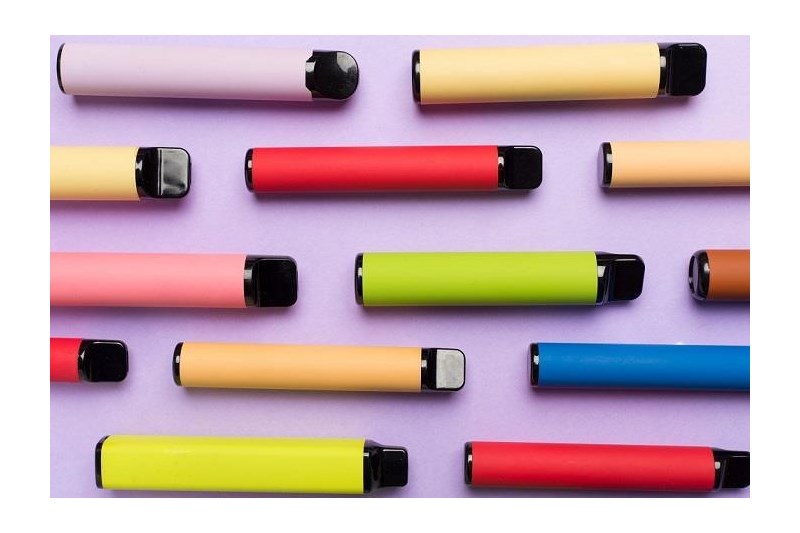Headteacher estimates that a quarter of students vape
Published: 30/06/2023
Laranya Caslin, principal of St George’s Academy in Sleaford, Lincolnshire, was asked to join a Health and Social Care Committee panel to provide evidence on tackling youth vaping.
Laeranya explained that vaping is a widespread problem in schools. Based on information from her student head team, she estimates that “25 per cent of the students” vape.
The education of the rest of the students is also being impacted as students are “making excuses to leave lessons to go to the toilet to vape”. As a result, the school’s fire alarms have been triggered several times, disturbing exams and classes.
With cigarette smoking, Laeranya said she might expect students to try and secretly smoke in the woods at break time. But never during lessons. She argued that the “level of addiction” for pupils who vape is “higher than it would have been amongst smokers” because they are able to “top up the nicotine on a regular basis”.
One parent at her school handed in five vapes they confiscated from their child’s bedroom. bedroom. Police analysis revealed that they had “very little nicotine” and contained “nine extremely concerning chemicals, including trichloroethylene, which has been banned since the 70s.” One of the vapes was comprised of “only hydraulic oil and anti-freeze.”
Laeranya added, “A worry for me is that youngsters who aren’t able to go into a shop and buy a regulated vape are more likely to buy a vape from somewhere they don’t know its origin. So, they are a little more at risk of a vape which contains toxic, flammable, carcinogenic substances.”
During the discussion, she pointed out that the children frequently talk about various flavours of vapes, creating an environment of "peer pressure" where other students feel compelled to vape to join in on social conversations.
“I understand the appeal of flavours for people trying to stop smoking,” Laeranya said. However, some of the flavours “read like a sweet shop” with names such as Slushy, Unicorn Frappe and Gummy Bear. In her opinion, these flavours are “clearly pitched at a younger audience.”
Also present at the debate was Deborah Arnott, chief executive of Action on Smoking and Health. She gave the panel three recommendations to improve e-cigarette regulations. They are:
- Put a £5 excise tax on disposable vapes. The tax will make them less affordable for children and give more powers to Border Force and HMRC to prevent illegal vapes from flooding into the UK.
- Prohibit branding with an appeal to children: no more bright colours, sweet names and cartoon characters.
- Prohibit the promotion of e-cigarettes in shops: putting vapes out of sight and out of reach of children.
Later in the session, Marcus Saxton said, “The role of flavours, if any of you have been a smoker, is absolutely critical to enable a successful quit attempt."
Marcus also cautioned the panel that “putting in the wrong regulation” could allow an underground market “to thrive”.
Author: N/A













